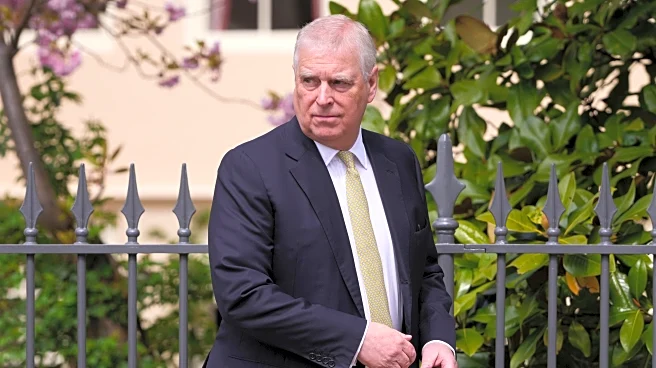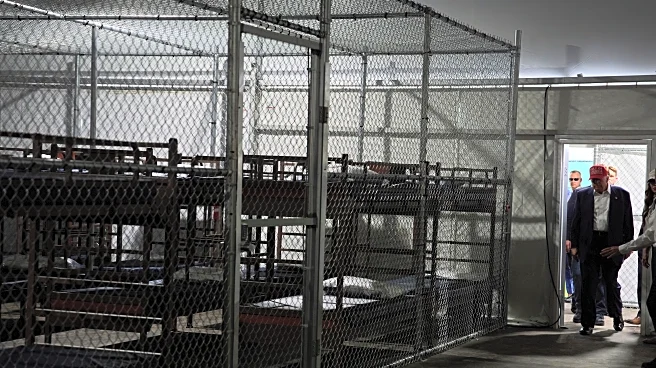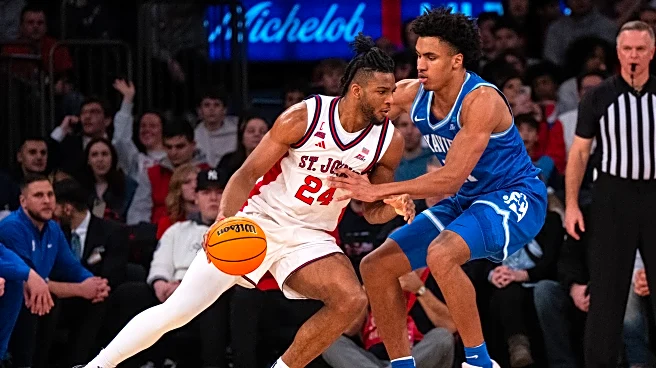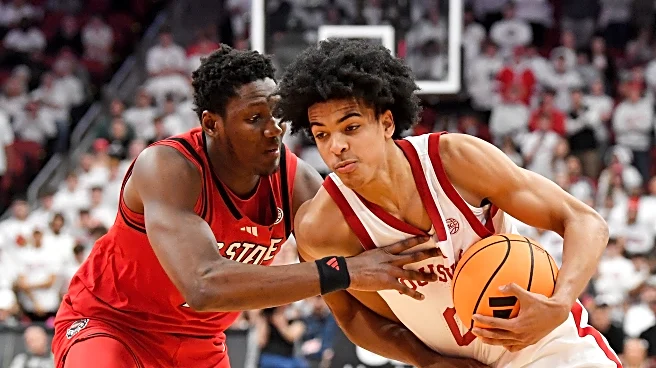What's Happening?
Recent court rulings have challenged the National Labor Relations Board's (NLRB) authority to award expanded remedies beyond traditional forms such as reinstatement and back pay. Historically, the NLRB limited
its remedies to equitable relief, but a 2022 decision in Thryv, Inc. expanded this scope to include compensation for direct or foreseeable pecuniary harms. This included items like credit card interest and legal fees. However, two appellate decisions from the Fifth and Sixth Circuits have criticized this expansion, asserting that it conflicts with longstanding practices. The Sixth Circuit, in particular, vacated a prior NLRB decision in a case involving Starbucks, ruling that the NLRA does not authorize such broad monetary awards.
Why It's Important?
These rulings have significant implications for labor relations and employer liabilities. By limiting the NLRB's ability to award consequential damages, employers may face reduced financial exposure in labor disputes. This could alter the dynamics of negotiations and litigation strategies, potentially affecting how unions and employees approach grievances. The decisions also highlight a growing circuit split, which may lead to further legal challenges and possibly a Supreme Court review. The outcome could redefine the scope of the NLRB's authority, impacting labor policy and practices across the U.S.
What's Next?
The circuit split suggests that the issue may eventually reach the Supreme Court, which could provide a definitive ruling on the NLRB's remedial powers. Additionally, once the NLRB regains a quorum, it may reconsider its stance on expanded remedies, potentially overturning the Thryv decision. Employers involved in NLRB cases are advised to leverage these recent rulings to contest expanded damages claims. The ongoing federal government shutdown has temporarily halted NLRB operations, but once resolved, administrative law judges will resume hearings, further influencing the legal landscape.
Beyond the Headlines
The legal debate over the NLRB's authority touches on broader themes of regulatory power and judicial oversight. It raises questions about the balance between protecting workers' rights and limiting employer liabilities. The evolving legal interpretations could influence future labor policies and the role of federal agencies in enforcing labor laws. As the issue progresses, it may also affect public perceptions of labor rights and corporate responsibilities.










